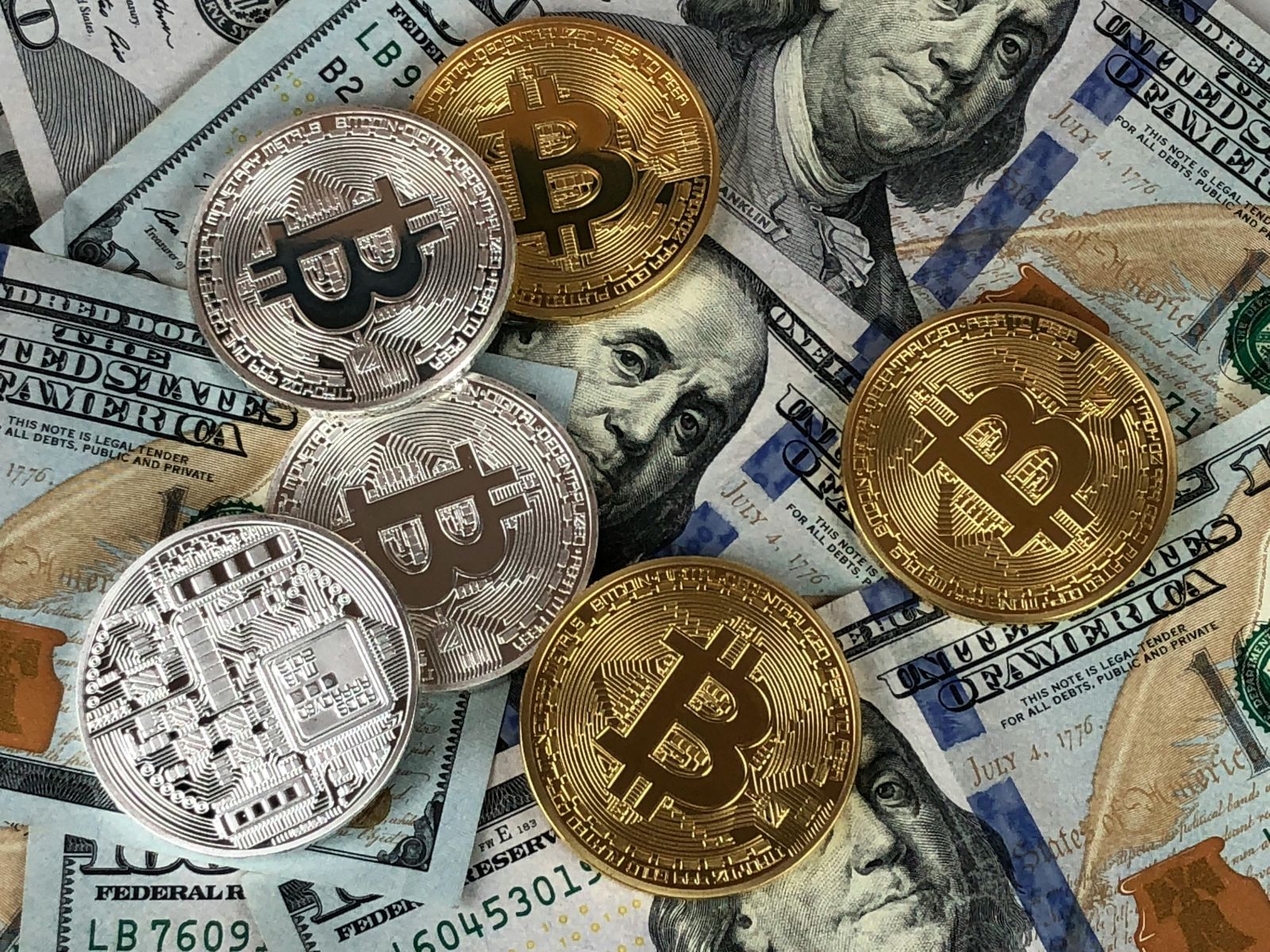Fees can add up significantly over time and lead to worse returns for your investments. Did you know that on a $50,000 investment, the difference between earning a 9% return versus a 10% return can add up to more than $209,000 over a period of 30 years? The more you invest, the greater that difference will be.
That's why avoiding fees is imperative, especially when trying to save for retirement. And the good news is that there are many exchange-traded funds (ETFs) that don't come with high fees -- those are the ones long-term investors will want to focus on.
Start Your Mornings Smarter! Wake up with Breakfast news in your inbox every market day. Sign Up For Free »
A couple of ultra-low-cost ETFs that may be ideal for investors who just want to invest in the market for the long haul and don't want to worry about fees are the Vanguard S&P 500 ETF (NYSEMKT:VOO) and the Schwab U.S. Broad Market ETF (NYSEMKT:SCHB). Here's why you'll want to consider these ETFs as pillars to build your retirement portfolio around.
Vanguard S&P 500 ETF
If you just want to mirror the S&P 500, a simple strategy can be to invest in the Vanguard S&P 500 ETF. It will give you exposure to the broad index, which contains 500 of the largest and safest investments you can own on the market. And with a tiny expense ratio of 0.03%, the Vanguard fund won't charge you much for doing so.
The fund's returns have been nearly identical to the performance of the S&P 500 over the past 10 years, making it an excellent option for investors who want to benefit from the market's long-term growth.
The danger in the short term is that S&P 500 is trading at record levels and a correction may be overdue. But historically, it has been a safe place to invest in as the index has averaged a long-run annual return of around 10%. Even if there may be some periods of sluggish gains ahead, investing in the index is generally a good way to bet on the growth of the overall economy.
Schwab U.S. Broad Market ETF
Another option for investors is the Schwab U.S. Broad Market ETF. This fund tracks the Dow Jones U.S. Broad Stock Market Index and gives investors exposure to an incredibly broad range of stocks, as it has 2,400 holdings. The ETF's expense ratio of 0.03% is just as low as the Vanguard fund above.
The one downside for investors is that too much diversification can result in weaker gains, as it means top stocks may account for a smaller percentage of the portfolio's overall holdings. While the Schwab fund has done well over the past decade, it has trailed the S&P 500's performance.
The drop off from the S&P 500 isn't significant, but it's worth considering. The Schwab fund has 30% of its holdings tied in up tech stocks, followed by financials at 13%, healthcare at 12%, and consumer discretionary at over 10%.
If you value having an investment that gives you broad exposure to the market and isn't heavily tilted toward tech like other funds are, then the Schwab ETF may be a suitable option. While tech giants Apple, Nvidia, and Microsoft are the top three holdings in this ETF, no single stock accounts for more than 6% of the ETF's overall portfolio.
For a good, balanced strategy, the Schwab fund can make for a great low-cost investment to put into your portfolio for the long haul.
Don’t miss this second chance at a potentially lucrative opportunity
Ever feel like you missed the boat in buying the most successful stocks? Then you’ll want to hear this.
On rare occasions, our expert team of analysts issues a “Double Down” stock recommendation for companies that they think are about to pop. If you’re worried you’ve already missed your chance to invest, now is the best time to buy before it’s too late. And the numbers speak for themselves:
- Nvidia: if you invested $1,000 when we doubled down in 2009, you’d have $381,744!*
- Apple: if you invested $1,000 when we doubled down in 2008, you’d have $42,357!*
- Netflix: if you invested $1,000 when we doubled down in 2004, you’d have $531,127!*
Right now, we’re issuing “Double Down” alerts for three incredible companies, and there may not be another chance like this anytime soon.
*Stock Advisor returns as of January 21, 2025
David Jagielski has no position in any of the stocks mentioned. The Motley Fool has positions in and recommends Apple, Microsoft, Nvidia, and Vanguard S&P 500 ETF. The Motley Fool recommends the following options: long January 2026 $395 calls on Microsoft and short January 2026 $405 calls on Microsoft. The Motley Fool has a disclosure policy.





/A%20concept%20image%20of%20a%20flying%20car_%20Image%20by%20Phonlamai%20Photo%20via%20Shutterstock_.jpg)
/A%20concept%20image%20of%20space_%20Image%20by%20Canities%20via%20Shutterstock_.jpg)
/Oracle%20Corp_%20office%20logo-by%20Mesut%20Dogan%20via%20iStock.jpg)
